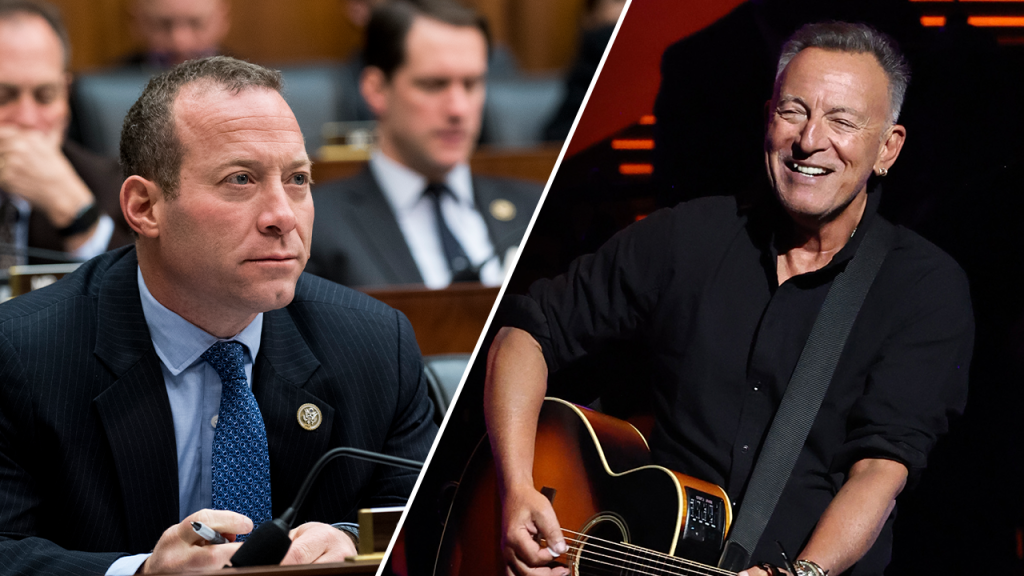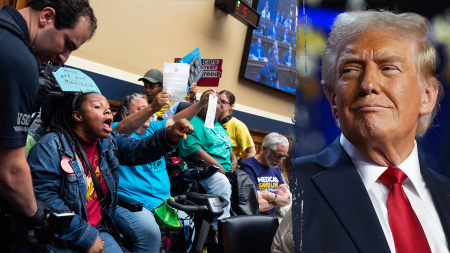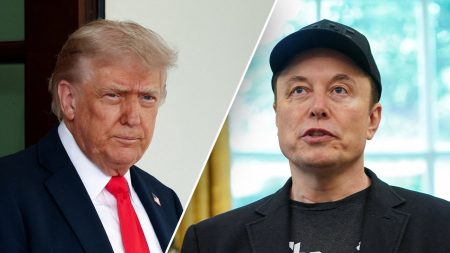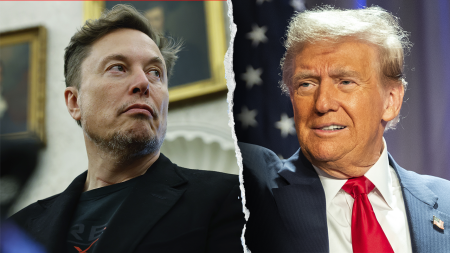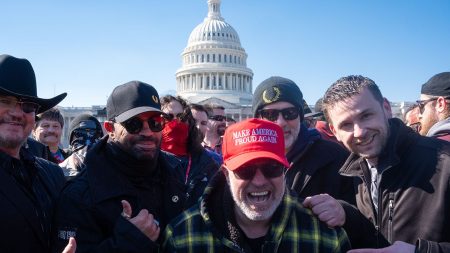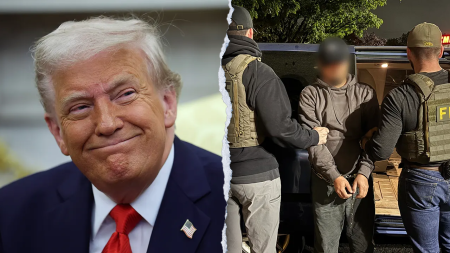The 2025 New Jersey gubernatorial race has witnessed an unusual turn of events, involving a fabricated Spotify Wrapped playlist, the legendary Bruce Springsteen, and Democratic candidate Rep. Josh Gottheimer. Gottheimer, vying for the governorship, posted what appeared to be a screenshot of his 2024 Spotify Wrapped playlist on X (formerly Twitter), prominently featuring five of Springsteen’s most iconic hits. The post, accompanied by a caption reminiscing about his first concert experience seeing “The Boss” at the Meadowlands, quickly drew attention and subsequently, skepticism. The seemingly perfect alignment of Gottheimer’s musical tastes with the beloved New Jersey native sparked questions about the authenticity of the screenshot. These suspicions were fueled by discrepancies in the font and spacing compared to genuine Spotify Wrapped playlists, as noted by NJ.com. The ensuing scrutiny led Gottheimer to admit that the playlist was indeed manufactured.
Gottheimer’s explanation for the fabricated playlist centered around shared access to his Spotify account with his teenage children. He claimed that while his personal preference leaned heavily towards Springsteen, his children’s listening habits skewed his actual Wrapped results. He lightheartedly acknowledged his appreciation for Taylor Swift, implying that his children’s musical choices diluted his otherwise Springsteen-dominated listening history. Attempting to downplay the incident, Gottheimer characterized the post as a “fun holiday tweet” and reaffirmed his genuine admiration for Springsteen, even invoking his dog named Rosalita, a reference to another Springsteen song. He urged a return to focusing on policy issues like lowering taxes and costs, seemingly aiming to deflect attention away from the fabricated playlist.
The incident underscores the significance of Bruce Springsteen’s cultural impact in New Jersey, where he holds an almost mythical status. The “Boss” isn’t just a popular musician; he’s deeply interwoven into the state’s identity. This connection has also extended to the political realm, with New Jersey governors often publicly expressing their Springsteen fandom. Incumbent Democratic Governor Phil Murphy, for instance, declared a “Bruce Springsteen Day” and reportedly considered naming a rest stop after the rocker. Former Republican Governor Chris Christie is a well-known Springsteen enthusiast, having attended over 100 concerts and even featuring a Springsteen tribute band at his inauguration. Former Democratic Governor Jon Corzine, during his time in the Senate, co-sponsored a resolution commemorating the 30th anniversary of Springsteen’s iconic album “Born to Run.”
Gottheimer’s attempt to leverage Springsteen’s popularity, even through a fabricated playlist, highlights the musician’s enduring influence in New Jersey politics. The incident, while seemingly trivial, reveals the extent to which politicians attempt to connect with voters on a cultural level, particularly in a state where Springsteen’s music resonates so deeply. The episode also serves as a reminder of the heightened scrutiny politicians face in the digital age, where even seemingly innocuous social media posts can be dissected and analyzed for authenticity. Gottheimer’s swift admission of the fabrication likely aimed to minimize potential damage to his campaign, highlighting the importance of transparency, or at least the appearance thereof, in contemporary politics.
The New Jersey gubernatorial election, slated for November 4, 2025, is already shaping up to be a closely watched race. Gottheimer’s manufactured playlist incident adds an unusual layer to the campaign narrative, albeit one that might be quickly forgotten amidst more substantive policy debates. The field of candidates includes at least ten individuals from both parties, including former Republican gubernatorial nominee Jack Ciattarelli and Democratic Rep. Mikie Sherrill. Sherrill herself has recently faced scrutiny over a misstatement regarding her grandfather’s military service during World War II. These early campaign stumbles, while not necessarily indicative of future performance, demonstrate the intense pressure candidates face under public scrutiny.
The incident with Gottheimer’s Spotify playlist, while ultimately a minor event, offers a glimpse into the dynamics of the upcoming election. It underscores the importance of cultural icons like Bruce Springsteen in the New Jersey political landscape, the increasing scrutiny of social media activity in politics, and the challenges candidates face in navigating the complexities of a modern campaign. While the fabricated playlist might not significantly impact the overall trajectory of the race, it serves as a reminder that even seemingly insignificant details can become amplified and scrutinized in the competitive arena of electoral politics. Whether Gottheimer’s attempt to align himself with Springsteen’s legacy ultimately helps or hinders his campaign remains to be seen.




